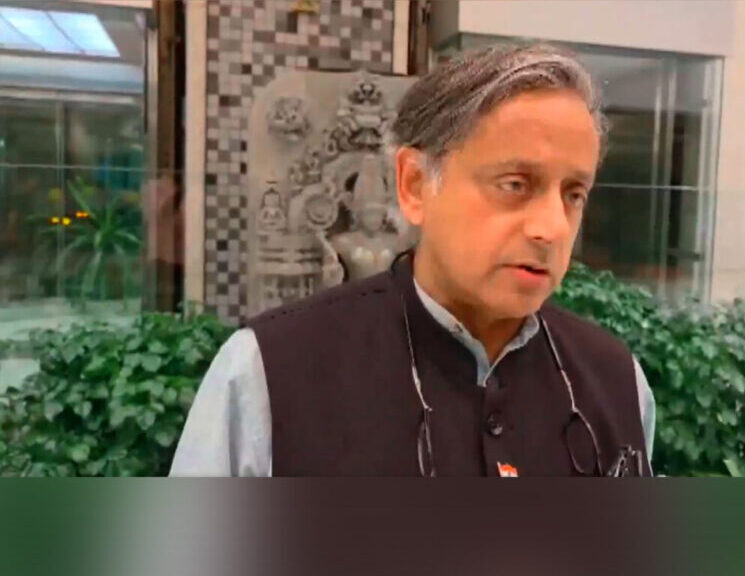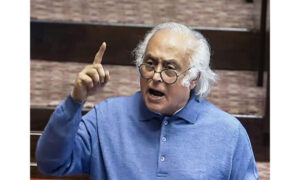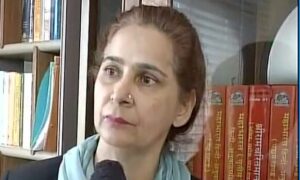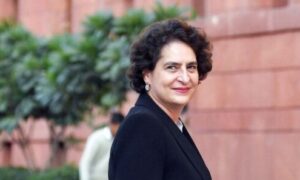
Picture : ANI / X
Senior Congress Leader Shashi Tharoor has stated that India should not overreact to the recent Saudi Arabia-Pakistan mutual defence agreement, describing it as a formalisation of a long-standing relationship between the two nations.
In an interview with ANI, Tharoor emphasised the need for a balanced perspective, cautioning against viewing international developments solely through the lens of India’s interests.
“Don’t forget it is a formalisation of a long-standing arrangement. There was a time when there were 20,000 Pakistani soldiers stationed in Saudi Arabia. Pakistan has long tried to project itself as the sort of enforcement arm of the Muslim world,” Tharoor said, referencing historical ties between the two countries.
He cited a reported statement by the Saudi Crown Prince, who allegedly said, “I don’t need to make a bomb; if I want a bomb, I’ll buy one from Pakistan,” to underline the deep-rooted nature of their relationship.
“That kind of relationship has already been very well known to the world. And I don’t think that we should overreact,” Tharoor said. While acknowledging concerns about the clause in the pact that considers aggression against one country as aggression against the other, Tharoor expressed confidence in India’s diplomatic efforts and highlighted India’s strong ties with Gulf countries.
“However, there are some troubling elements, particularly the statement that any aggression on one country would be seen as aggression on the other… But I’m sure, frankly, that our diplomats are not sitting idle. They are talking to the Saudis. They are clarifying a lot of these things. And I’m sure that we should have some faith in our government on these matters,” he said.
“We have got very good relations with the Islamic world. Our relations with the Gulf countries in particular have never been stronger. And that we should be able to ride over this,” he added.
Tharoor urged against India adopting a “self-centred view” of global affairs, noting that not all actions by other nations are directed at New Delhi. “We must not have such a self-centred view of the world that we assume everything that Trump does that affects us is because of us or his feelings towards us. It may be about his domestic constituency,” he remarked.


















